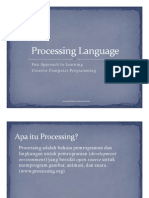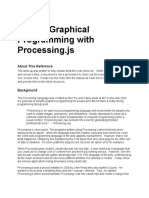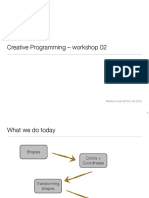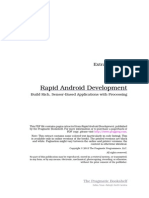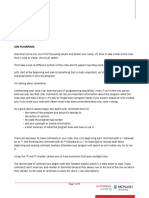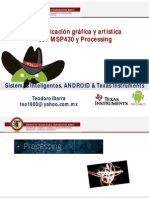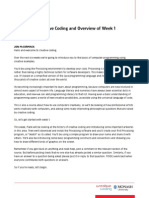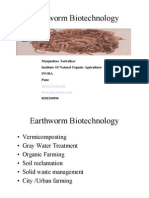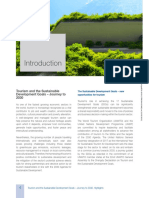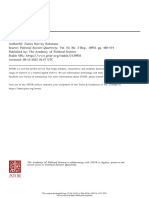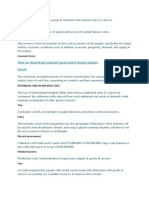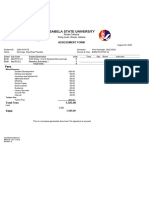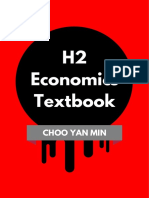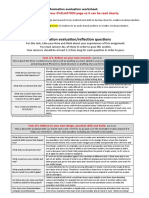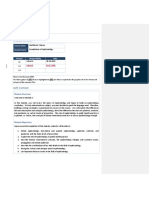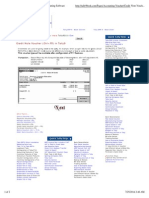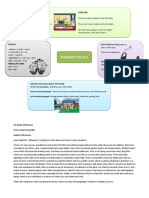0% found this document useful (0 votes)
2 views5 pagesProcessing Software Notes
Processing is an open-source programming environment focused on visual arts, design, and education, built on Java. It enables users to create graphics, animations, and interactive projects, making it popular for art, education, and web development through its JavaScript version, p5.js. Key features include drawing, animation, interactivity, data visualization, and support for sound and video.
Uploaded by
ssemandamuhammad004Copyright
© © All Rights Reserved
We take content rights seriously. If you suspect this is your content, claim it here.
Available Formats
Download as DOCX, PDF, TXT or read online on Scribd
0% found this document useful (0 votes)
2 views5 pagesProcessing Software Notes
Processing is an open-source programming environment focused on visual arts, design, and education, built on Java. It enables users to create graphics, animations, and interactive projects, making it popular for art, education, and web development through its JavaScript version, p5.js. Key features include drawing, animation, interactivity, data visualization, and support for sound and video.
Uploaded by
ssemandamuhammad004Copyright
© © All Rights Reserved
We take content rights seriously. If you suspect this is your content, claim it here.
Available Formats
Download as DOCX, PDF, TXT or read online on Scribd
/ 5








